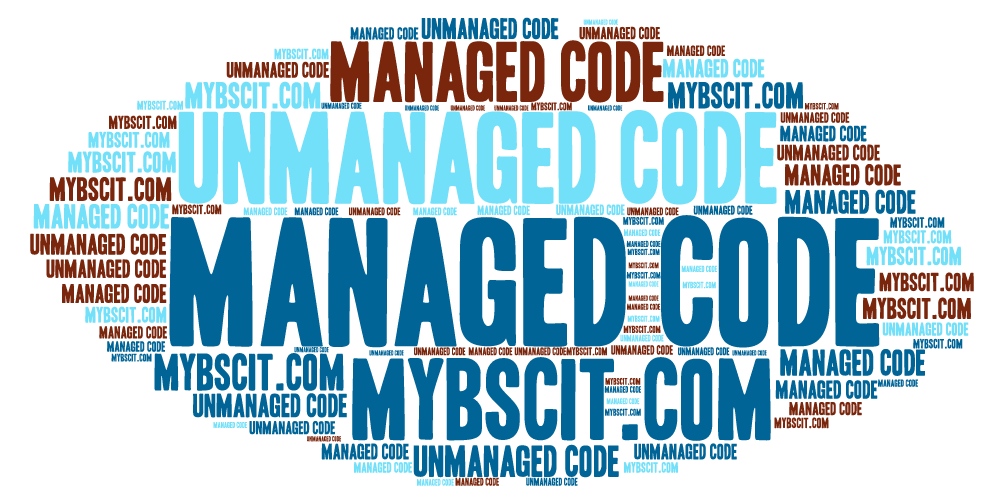Making .NET Core Truly Platform-Independent: A Deep Dive
As the software development landscape continues to evolve, the demand for platform-independent solutions has never been higher. .NET Core, now unified under the .NET 5+ umbrella, has emerged as a powerful framework that meets this demand, enabling developers to build and deploy applications across a variety of operating systems. In this article, we’ll explore the key innovations and features that make .NET Core platform-independent, ensuring seamless operation on Windows, Linux, macOS, and beyond.
Cross-Platform Runtime: CoreCLR
At the heart of .NET Core’s platform independence is its cross-platform runtime, CoreCLR. This lightweight and modular runtime is designed to run efficiently on multiple operating systems. By abstracting the underlying OS details, CoreCLR allows .NET Core applications to execute without modification across different environments.
Base Class Library (BCL): Universal Foundations
The Base Class Library (BCL) in .NET Core provides a standardized set of APIs and components that are essential for application development. Unlike the full .NET Framework, which includes many Windows-specific features, the BCL in .NET Core is streamlined and designed to be platform-agnostic. This ensures that developers have a consistent foundation to build upon, regardless of the target OS.
CoreFX: Modular and Cross-Platform Libraries
CoreFX is the repository containing the fundamental libraries for .NET Core, including collections, file systems, and console utilities. These libraries are designed to be modular and cross-platform, making it easy to include only the components needed for a particular application. This modularity not only reduces the application footprint but also enhances performance across different environments.
RyuJIT Compiler: Cross-Platform Execution
The RyuJIT compiler plays a crucial role in .NET Core’s platform independence. Enhanced to support cross-platform execution, RyuJIT compiles Intermediate Language (IL) code into native code that can run on any supported OS. This ensures that .NET Core applications are optimized for performance regardless of where they are deployed.
Consistent Command-Line Interface (CLI)
One of the standout features of .NET Core is its consistent Command-Line Interface (CLI). The .NET Core CLI provides a unified set of commands for creating, building, running, and publishing applications. This consistency ensures that developers have a smooth and predictable experience across different operating systems, eliminating the need to learn different tools for each platform.
ASP.NET Core: Cross-Platform Web Development
ASP.NET Core is a reimagined version of ASP.NET, designed from the ground up to be cross-platform and modular. It allows developers to build high-performance web applications and services that can be deployed on Windows, Linux, and macOS. By separating web server functionality from the framework, ASP.NET Core offers greater flexibility and deployment options.
Self-Contained Deployments: Consistency Across Environments
.NET Core supports self-contained deployments, where the application and all its dependencies, including the runtime, are bundled together. This approach ensures that the application behaves consistently across different environments without relying on the target machine’s runtime. Self-contained deployments are particularly useful for environments where the .NET Core runtime is not pre-installed.
Platform-Specific Libraries: Tailored Functionality
While .NET Core is designed to be platform-agnostic, there are scenarios where platform-specific functionality is required. To address this, .NET Core allows the use of platform-specific libraries and APIs. Developers can include conditional code and runtime checks to ensure that the application leverages the unique capabilities of each platform while maintaining overall cross-platform compatibility.
Docker Support: Seamless Containerization
Docker has revolutionized the way applications are developed and deployed, and .NET Core has first-class support for Docker. With official Docker images available for multiple platforms, developers can containerize .NET Core applications and deploy them consistently across different environments. This ensures that applications run reliably, regardless of the underlying infrastructure.
Open Source and Community Contributions
The open-source nature of .NET Core has been instrumental in its evolution into a truly platform-independent framework. By opening up the development process, Microsoft has enabled the community to contribute to its growth and expand its platform support. This collaborative approach has led to continuous improvements and ensured that .NET Core remains at the forefront of cross-platform development.
Conclusion
.NET Core’s journey to platform independence has been marked by significant innovations and community collaboration. From its cross-platform runtime and modular libraries to consistent tooling and Docker support, .NET Core provides a robust and flexible framework for modern application development. Whether you’re targeting Windows, Linux, macOS, or any other platform, .NET Core empowers you to build high-performance applications with ease. Embrace the power of .NET Core and unlock new possibilities for your development projects.
By understanding and leveraging these features, developers can confidently build and deploy applications that run seamlessly across a variety of operating systems, meeting the diverse needs of today’s digital landscape.
.png)





